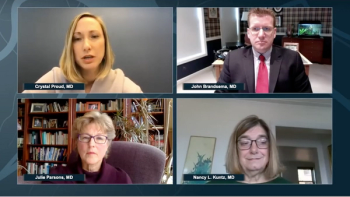
Videos

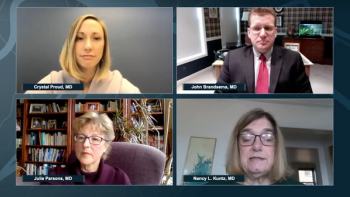
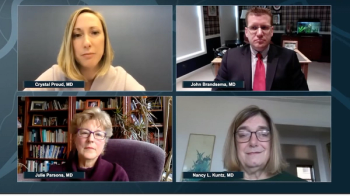
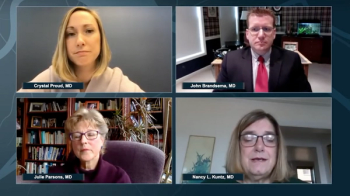
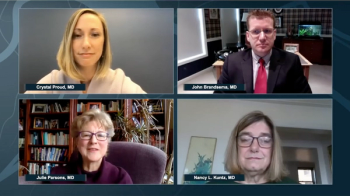
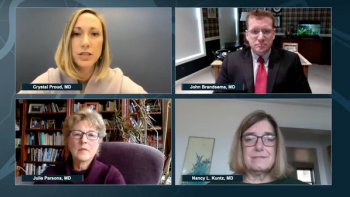
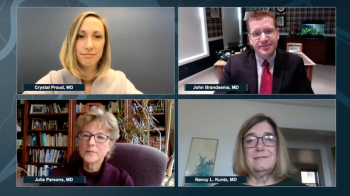



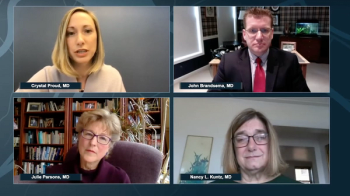
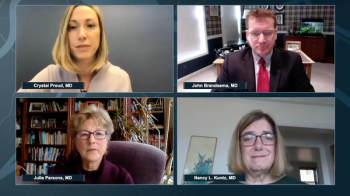
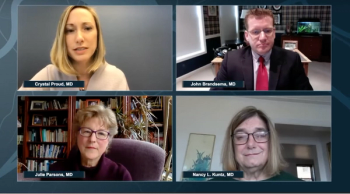
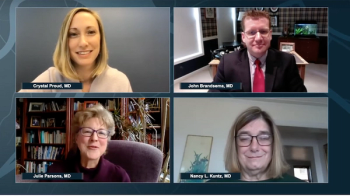
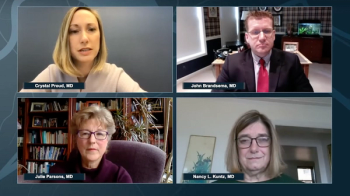
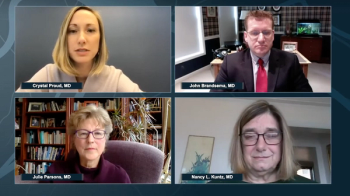
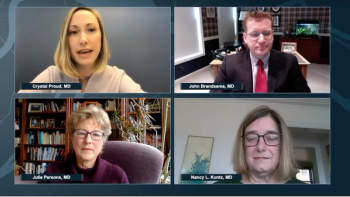

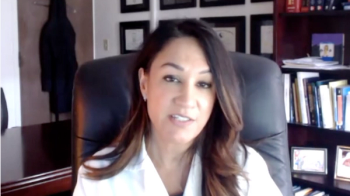
The director of the Sleep Disorders Research Program at Cleveland Clinic Lerner College of Medicine discussed new technologies being used to diagnose and treat sleep apnea.
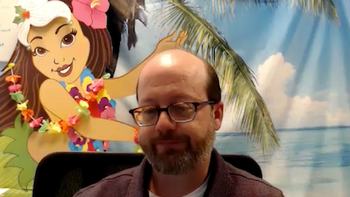
The co-director of the Jane and John Justin Neurosciences Center at Cook Children’s Hospital discussed his experience with Zogenix’s investigational Dravet syndrome treatment in clinical trials and in the Expanded Access Program.
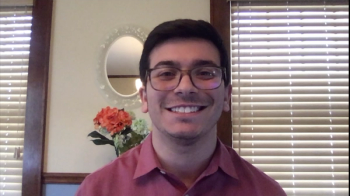
Neurology News Network for the week ending April 25, 2020.

The co-director of the Jane and John Justin Neurosciences Center at Cook Children’s Hospital discussed the real-world data collected from the Expanded Access Program for fenfluramine (Fintepla; Zogenix) in patients with Dravet syndrome.
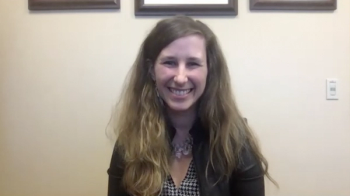
The neurologist at the Barrow Neurological Institute discussed her experience with telemedicine and gave advice on how to conduct examinations through audio/video platforms.
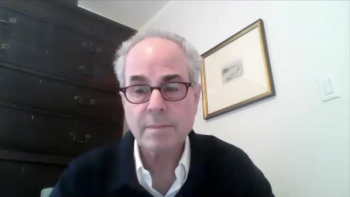
The professor of neurology at the University of Vermont Larner College of Medicine detailed what lessons and highlights he’s learned from shifting his migraine care to a telemedicine-based model during the COVID-19 pandemic.
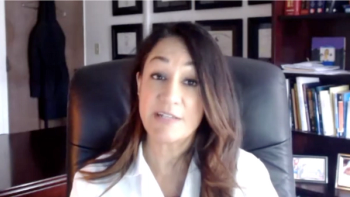
The director of the Sleep Disorders Research Program at Cleveland Clinic Lerner College of Medicine offered her insight on how telemedicine is being utilized to help diagnose and treat sleep disorders amidst COVID-19.
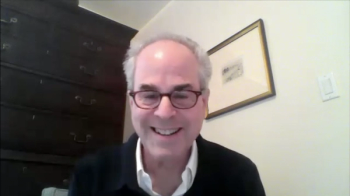
The professor of neurology at the University of Vermont Larner College of Medicine discussed the response from payers and physicians to the special article he and colleagues published in the journal Headache.
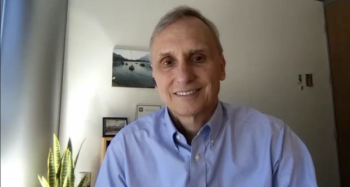
The chief medical advisor for the Muscular Dystrophy Association discussed the switch to virtual conferences and shared his insight on how the neuromuscular community can move forward amid COVID-19.
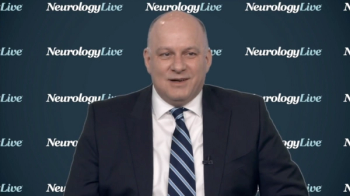
The director of the Sleep Disorders Center and vice-chair of the department of neurology at UCLA David Geffen School of Medicine detailed the greatest need in the management of narcolepsy
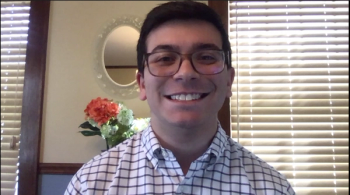
Neurology News Network for the week ending April 18, 2020.

The professor of neurology at the University of Vermont Larner College of Medicine and founding president of the Alliance for Headache Disorders Advocacy discussed the special article he and colleagues published in the Headache journal on migraine care.
